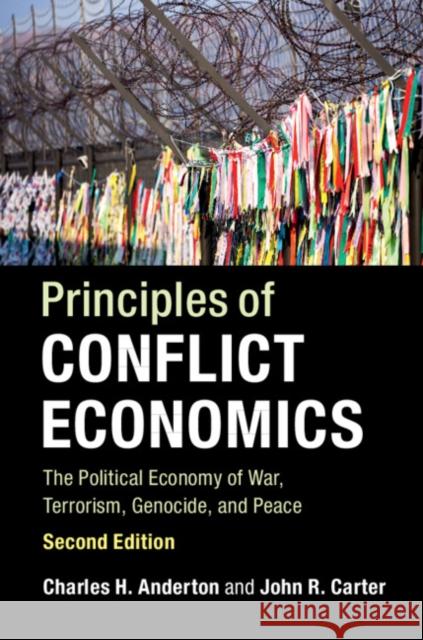Principles of Conflict Economics: The Political Economy of War, Terrorism, Genocide, and Peace » książka
topmenu
Principles of Conflict Economics: The Political Economy of War, Terrorism, Genocide, and Peace
ISBN-13: 9781316635391 / Angielski / Miękka / 2019 / 524 str.
Principles of Conflict Economics: The Political Economy of War, Terrorism, Genocide, and Peace
ISBN-13: 9781316635391 / Angielski / Miękka / 2019 / 524 str.
cena 196,49
(netto: 187,13 VAT: 5%)
Najniższa cena z 30 dni: 192,37
(netto: 187,13 VAT: 5%)
Najniższa cena z 30 dni: 192,37
Termin realizacji zamówienia:
ok. 22 dni roboczych.
ok. 22 dni roboczych.
Darmowa dostawa!
Provides comprehensive, up-to-date coverage of the key themes and principles of conflict economics.











